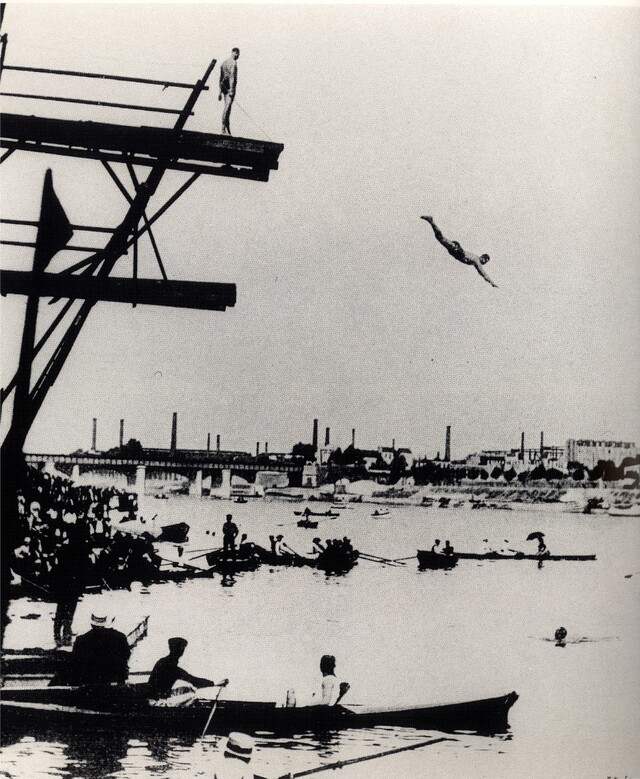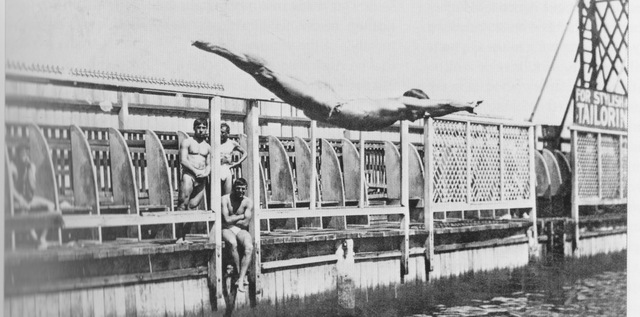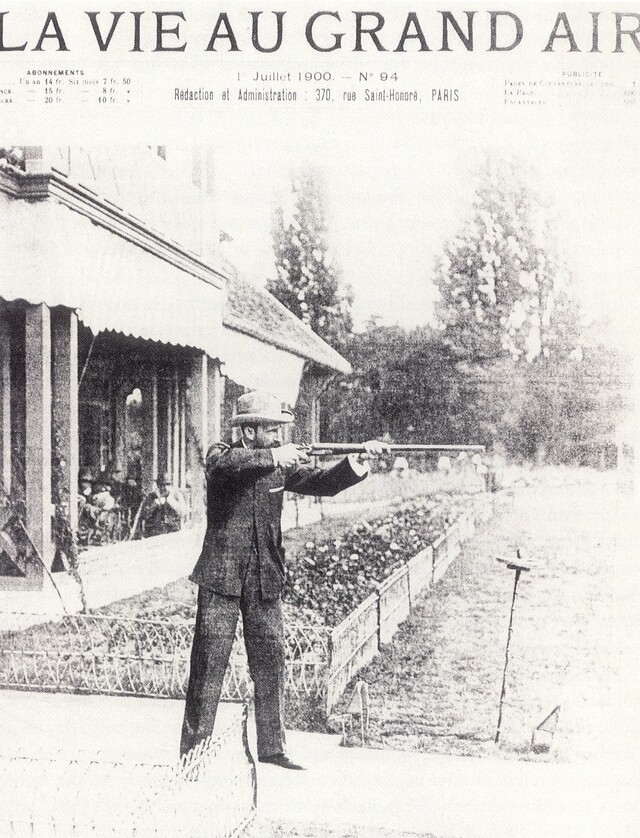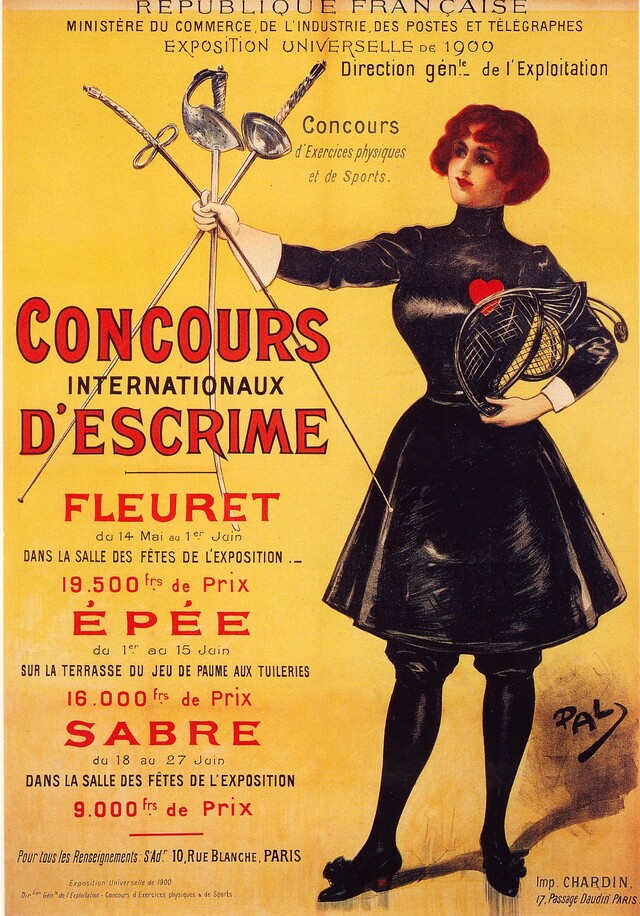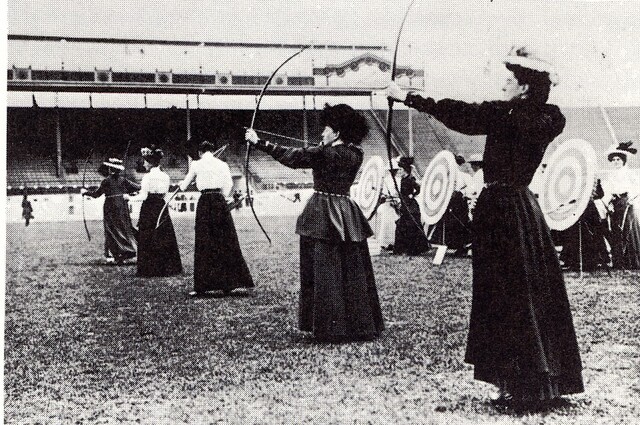The 2024 Paris Olympic Games are now over but that city has been a major player in Olympic matters for the last 130 years. The International Olympic Committee (IOC) was formed there in 1894, and it was also there that the acknowledged founder of the Olympics, Baron Pierre de Coubertin, promoted the idea that the Games would be held every four years in “great cities around the world”. That decision was supported by delegates to the International Athletic Conference organised by Coubertin at the held at the Sorbonne University.
It was proposed the first Olympics Games would take place six years later in Paris in 1900 but conference delegates felt that Greece deserved to host the inaugural Games. With the aid of the relatively recent telegraphy technology, messages were sent to and from Greece and it was decided – Athens 1896, Paris 1900.
The Olympics in Athens in 1896 were successful and there were suggestions that the next Olympic should also be held in that city. The team from the USA were especially keen and argued strongly for the Games remaining in Athens. In Australia the following comment about the significance of the 1896 Athens Games and its future appeared in the Sydney Morning Herald on in May 1896: “Olympic Games are played out, our modern amateur need not go to Athens to have his fill of running. Perhaps the next Olympian festival, which takes place in Paris in 1900 maybe more successful.”
The French Government was organising a World Exposition (Exposition Universelle) in 1900 and Coubertin thought it would be an advantage to link the Olympics with that global event.
It didn’t work, however, and Coubertin later remarked, “It’s a miracle the Olympic Movement survived these Games”. Few countries attended [21], and possibly 997 athletes, although revised estimates state up to 1239m participated in ‘sports’ over a 4.5 month period. Bit not all events were considered events ‘Olympic’.
Many competitors entered as individuals, or as community or university club members, with some unaware they were competing in the Olympic Games as the word ‘Olympic’ was not stated on athletic or sporting programs. In some cases the French Concours internationaux d’exercices physiques et de sport” (“International physical exercises and sports”} was used in the report of the Exposition. At the time, press reports used headings such as ‘International Games’, ‘Paris Championships’, and ‘World Championships.’
Some of the sports included in the ‘Games’, which ran from May 14 to October 28 were: archery, athletics (track and field), baseball, boxing, cricket, croquet, cycling, equestrian, fencing, golf, gymnastics, polo, rowing, swimming and diving, water polo, wrestling, and yachting.
Some events not seen again in subsequent Olympic Games were ballooning, croquet, lifesaving, motor racing, and cricket (which will most likely be included in the 2032 Brisbane Olympics).
After many years of research by Olympic historians, it has been estimated that more than 70 per cent of all 720 French athletes were placed first, second and third. Most received trophies or cups rather than medals. Other countries identified included the USA and Great Britain.
Australia was there. Donald McIntosh was at one stage acknowledged as winning an Olympic gold medal in shooting (the event used live pigeons, which is no longer included!).
Rules were not strict in relation to ‘representing’ countries at the Paris 1900 Games. Stan Rowley from Sydney won four medals as a sprint-runner: three bronze for Australia (60m, 100m and 200m) and one for Great Britain (5,000m Cross Country). Running on an uneven grass track at the Croix-Catelan stadium at Bois de Boulogne, Rowley became the only Olympian ever to win medals for two countries at the same Olympic Games.
All swimming events were held in the Seine River, apparently with similar ‘safety’ problems as for swimmers in the Triathlon at this year’s Games. Sydney swimmer Freddie Lane competed in the designated area on the River Seine between Pont de Courbevoie and Pont d’Asnieres and was gold medalist in the 200m Freestyle. He broke his own world record by 10 seconds as he swam downstream. He also finished 1.6 seconds ahead of the next competitor in the 200m Obstacle Race, where competitors climbed over a pole, and then clambered over and swam under a row of boats. Lane, an experienced boatman, clambered over the stern of the boats because he knew the vessels woud remain stable.
The 1900 Olympics are officially regarded by the IOC as the Games of the Second Olympiad. Coubertin, who had given-in to the whims and demands of the ‘organising committee’, resigned in disgust, especially as prize-money and valuable trophies were awarded to winners in many events. He later said in protest: “I surrendered – and was incorrect in doing so.”
Would there have been subsequent Olympic Games had the IOC ‘gone it alone’ in 1900 without the World Fair?
The IOC had already awarded the Games of the Third Olympiad to Chicago in 1904. They were held in St Louis in 1904 – in conjunction with the World Fair in that city. But that’s another story!
(Ian Jobling is Founding Director UQ Centre of Olympic Studies, now Honorary Patron, Queensland Centre of Olympic and Paralympic Studies, University of Queensland)

